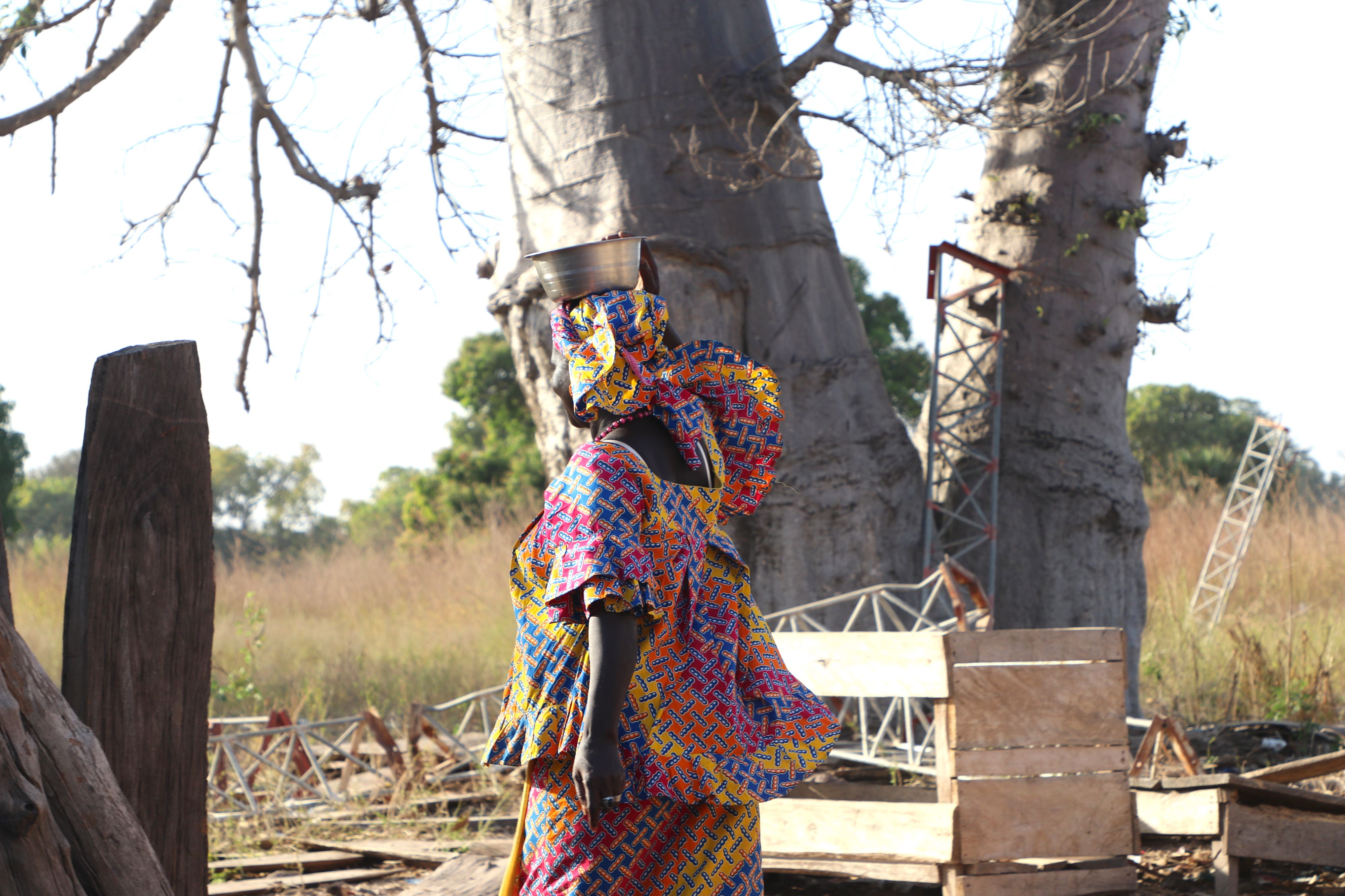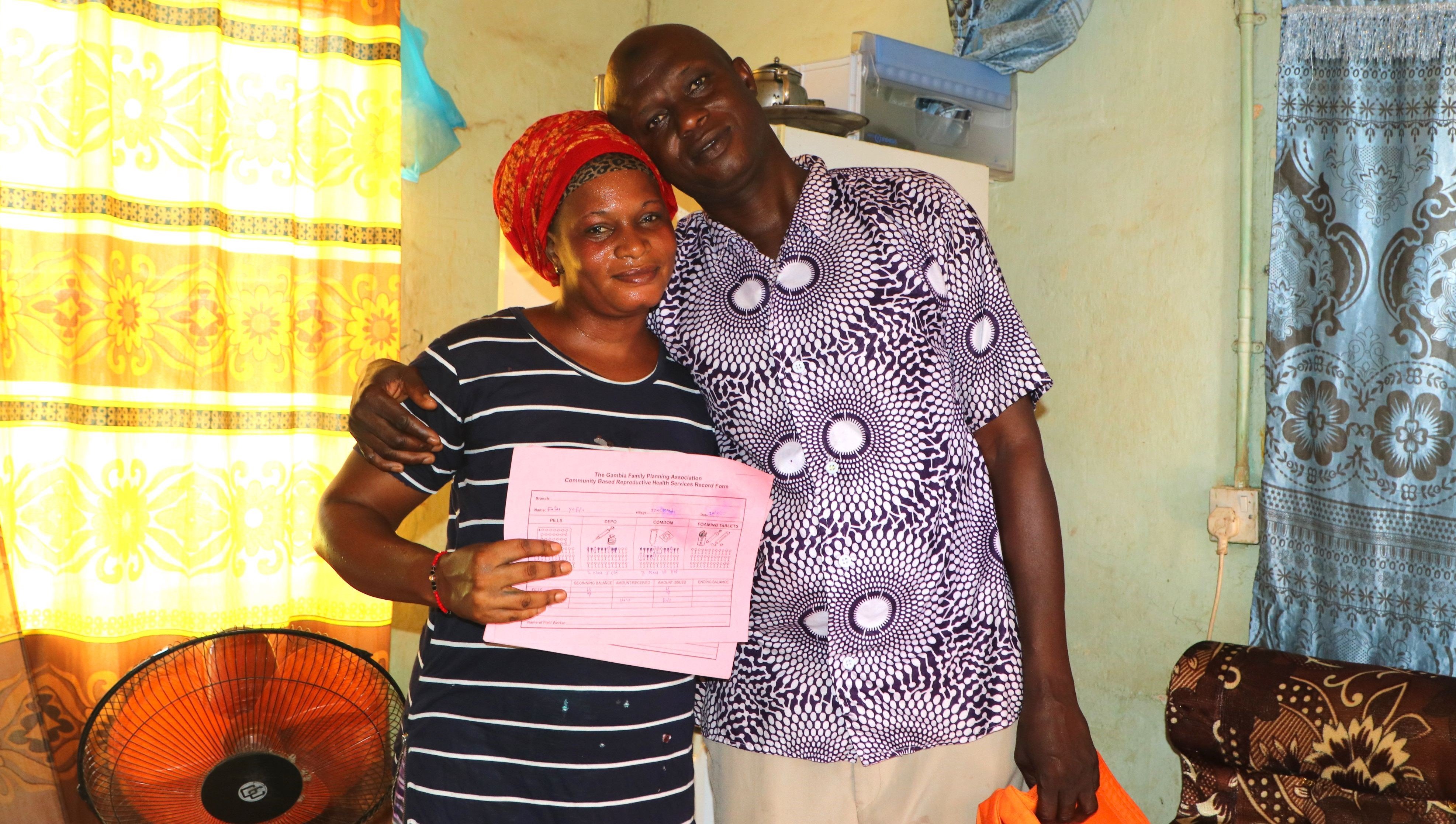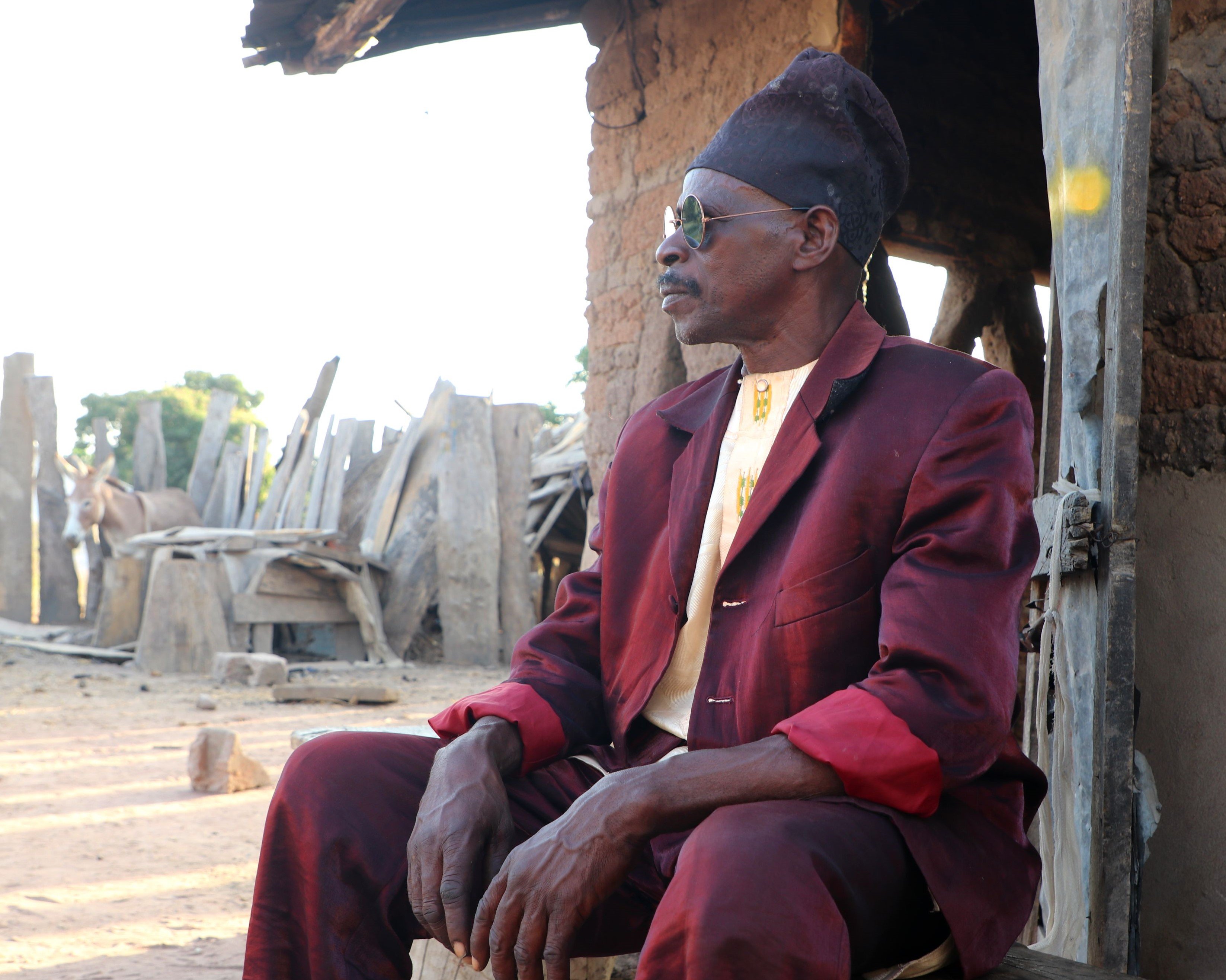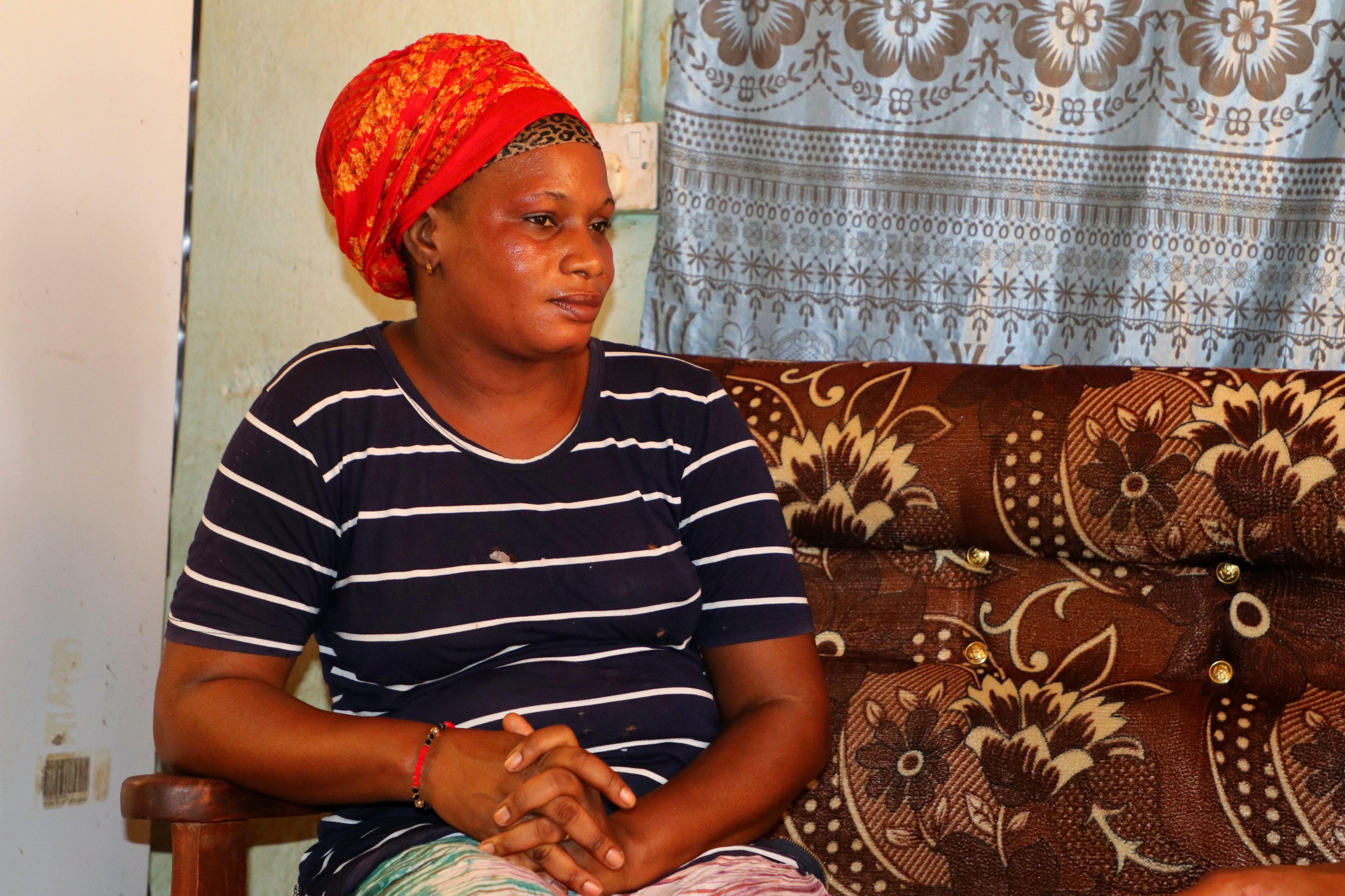I am a woman. I know what it feels like to have a voice, to have the power to choose when and how many children me and my husband want to have. Every woman should have that opportunity.
This is the motivation for Fatou Yaffa, a volunteer distributor of Family Planning supplies in The Gambia’s Upper River Region.
Family Planning is identified as a critical strategy in reducing maternal and new-born mortality in The Gambia’s National Health Strategic Plan (2014-2020). However, limited human resources, socio-cultural misconceptions and infrastructural deficiencies continue to make access to Family Planning particularly for the rural Gambian woman a major challenge.

To address these challenges and create access where it ordinarily was not present, UNFPA Supplies supported the establishment of a cFommunity based family planning program in The Gambia also called the Community-Based Distribution (CBD) programme, which has brought services closer to over One Hundred and Fifty (150) under-served and hard-to-reach communities in The Gambia.
Fatou Yaffa, 37, is a Community-Based Distributor under the CBD programme volunteering to cover Suma Kunda located 4 kilometres off the road from Mankamang Kunda in the Upper River Region of The Gambia. A community of about 350 residents, Suma Kunda is surrounded by several border villages that depend on the small settlement to access Family Planning information and services through Fatou.
Among the many challenges hindering access to and community acceptance of Family Planning as an integral factor in enhancing family wellbeing and promoting women’s health, rumours, misinformation and strong male opposition continue to prevail in communities such as Fatou’s. Sighting the influential role of men in her community and the challenges women face in accessing modern contraceptive commodities as a result of male opposition, she shared that she is sometimes chased out of households she visits to talk about family planning by husbands who do not agree to their wives practicing birth spacing. She highlighted that some of her clients come to her house for their supplies at night when nobody is watching. These according to her are part of the reasons why women in some communities are compelled to leave their family planning cards at health facilities for safekeeping and confidentiality.
Due to limited access to resources and opportunities to empower themselves and their families, rural Gambian women are faced with financial and economic challenges. As such, as a way of incentivizing volunteers under the CBD programme, UNFPA provided them with hand-milling machines to serve as a source of income and also support their families. For Fatou, the hand milling machine is another tool for her to mobilise community members to discuss sexual and reproductive health issues and women’s health and wellbeing in particular.
The machine has brought about more peace in my community because we all come together to use it, discuss issues we are facing and seek support. It has also improved communication between married couples particularly about sexual and reproductive health matters. - Fatou Yaffa

To support the maintenance of the machine, each community member pays a fee of one dalasi (D1.00) after using the machine. However, Fatou also uses part of the money to buy seasoning cubes to hand to every woman who uses the machine as a symbol of gratitude for supporting her work.
The mother of 3 has recently moved to Basse to join her husband where she is also delivering services to women in her neighbourhood, while still commuting twice every month to Suma Kunda to continue the incredible work she does delivering access to choice for every woman in her village.

With male opposition to family planning being a major stumbling block to The Gambia’s low contraceptive prevalence rate, Fatou Yaffa has succeeded in influencing her husband Ismaila’s perceptions about birth spacing and sexual and reproductive health in general. As they raise their 3 children together, she has also enlightened him on the different modern contraceptive methods, thus enabling him to counsel and support women from the Basse area who come for resupplies whenever Fatou travels to Suma Kunda for her bi-monthly rounds.
Based on The Gambia’s socio-cultural context, traditional and religious leaders are vital gatekeepers in influencing community acceptance of family planning. According to Musa Dahaba, Alkalo of Suma Kunda, his community now hardly sees cases of childbirth related complications among the women. He highlighted that men are now more open to having conversations about reproductive health matters and proactively participating in enhancing their families’ health and wellbeing.
We are now able to plan our families and men now support their wives to practice birth-spacing. - Alkalo Musa Dahaba

According to Seedy Jagne, Regional Manager of GFPA and National Coordinator of the CBD programme, Fatou through her commitment to provide services to those who need it the most, has been able to break through to very conservative communities, doing her lifesaving work and giving women the chance to realise their bodily autonomy.
Through her work, Fatou currently provides services to nearly 400 women and about 250 men in Suma Kunda and its environs with family planning supplies. In 2020, 75% of new family planning acceptors recorded by GFPA were done through the CBD programme under which Fatou volunteers. Hence, the Community Based family planning Program continues to prove vital in reaching the last mile.
UNFPA continues to intensify efforts to ensure rights and choices to everyone, everywhere in The Gambia, starting with those furthest behind.
Media contact:
Haddy Jonga - Programme Analyst Communications, UNFPA The Gambia jonga@unfpa.org


